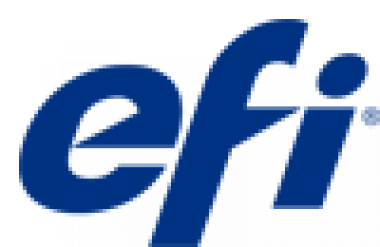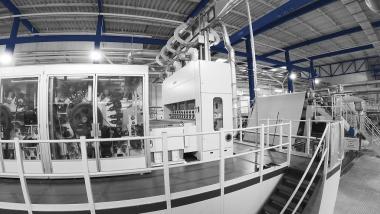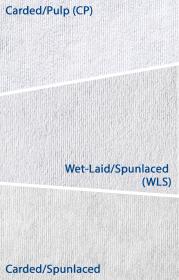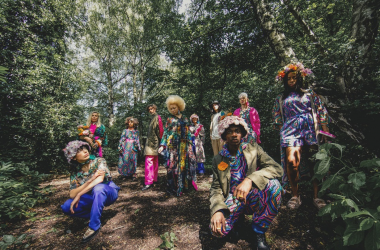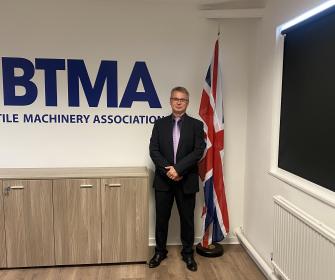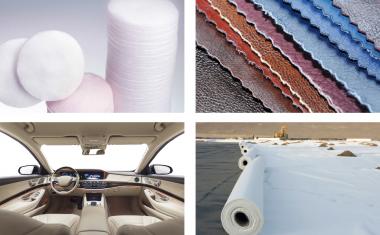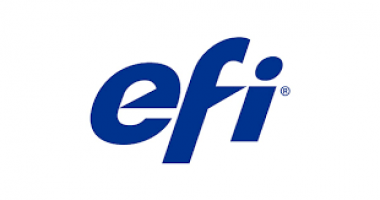Launch of EFI Reggiani TERRA Silver
- EFI Reggiani TERRA Silver Makes Debut at Fespa Global Print Expo 2021 for a Short, Smart and Green Process
- The new, industrial, entry-level EFI™ Reggiani TERRA Silver textile printer from Electronics For Imaging, Inc. is making its debut at the Fespa Global Print Expo 2021 tradeshow, 12-15 October at RAI Amsterdam.
- The EFI Reggiani TERRA Silver uses unique TERRA pigment ink for high-quality, highly sustainable direct-to-textile printing without steaming or washing.
“This is one of the first trade shows to return after the pandemic, and we are very excited to again meet customers in person and showcase an innovative offering that delivers superior printing results while using less time, water and energy,” said EFI Reggiani Vice President and General Manager Adele Genoni. “We are introducing this advanced EFI Reggiani TERRA Silver solution to the many print service providers at Fespa, presenting them with an ideal path to enter the industrial textile segment with a short, smart and green production process.”
The new-version TERRA Silver printer is part of EFI’s complete TERRA line-up of pigment ink printer solutions. It is a 180-cm wide printer that can print up to 190 sqm per hour with eight dual-channel printheads. The printer also features:
• A new recirculating ink system for superior reliability and minimum maintenance
• Several printing modes to ensure maximum flexibility in terms of design capability
• New, real-time image processing that eliminates time spent in image pre-calculations
• A user friendly, intuitive interface
• A more-efficient polymerisation process that takes place as printed textile goes through the printer’s on-board dryer.
In Fespa stand 1-G71, attendees can see the EFI Reggiani TERRA Silver print smoothly and precisely on knitted and woven fabrics. The printer’s quality is evident in its high-uniformity printing modes, and it delivers numerous features that enhance the production process, including an accurate WYSIWYG interface and flexible queue management.
EFI Reggiani is also a leading developer of textile inks. The EFI Reggiani TERRA pigment inks used on the Silver model deliver excellent wet and dry fastness properties and remarkable sharpness in detail. Designed to leverage EFI Reggiani digital printers’ market-proven industrial performance capabilities, these eco-friendly, water-based inks provide an extraordinary level of print durability and yield longer print head life with reduced maintenance costs. The high-performance digital pigment inks also use an innovative binder technology for fast, sustainable, and cost-competitive industrial textile printing on the widest range of fabrics. Users also gain superior print definition and colour intensity.
This year, EFI Reggiani celebrates 75 years of heritage and innovation in the textile world. Always committed to deliver to the market new cutting-edge technologies, EFI Reggiani has world-class products offering boosted uptime and reliability, high performance throughput, and remarkable printing uniformity and accuracy – all while helping customers increase the sustainability of their textile manufacturing activities. Green EFI Reggiani processes give users fast, complete and sustainable solutions across a broad range of textile applications.
In this 75th anniversary year, EFI Reggiani has also launched several other ground-breaking solutions, such as EFI Reggiani HYPER, the fastest scanning digital printer on the market, and the EFI Reggiani BLAZE, an industrial entry-level, easy-to-use printer designed to give new textile companies the opportunity to adopt digital inkjet production with a compact solution to blaze a successful path into the industry.
Electronics For Imaging, Inc EFI EFI Reggiani digital printing machines textile printing
Electronics For Imaging, Inc.


